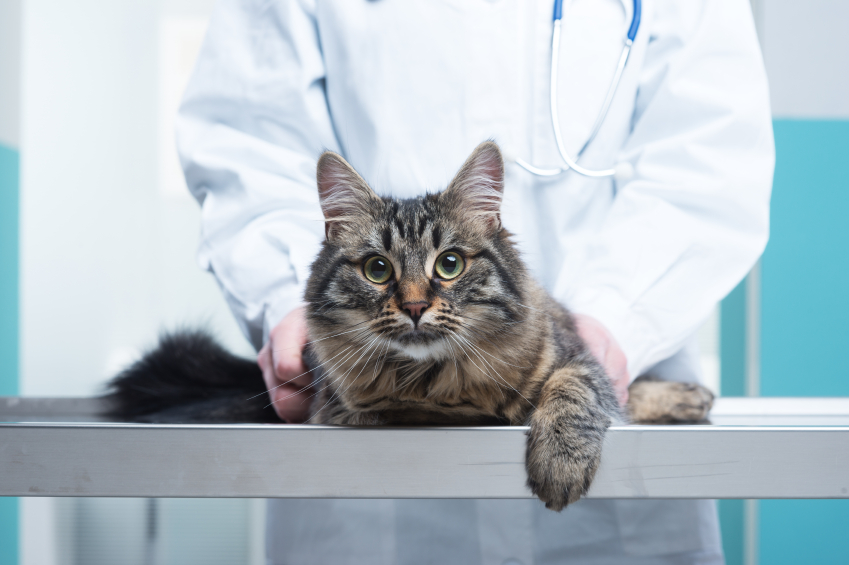9:09 pm

At Animal Emergency and Referral Associates, our critical care department functions much like a human intensive care unit (ICU). Pet emergencies and illnesses that may require round-the-clock intensive care can occur at all hours of the day and night. Our emergency and critical care doctors are equipped to handle the most serious cases and deal with any concerns or complications that may arise during your pet’s hospitalization. To better understand the role a veterinary criticalist can play in your pet’s care, let’s look more closely at this specialty.
A veterinary criticalist is a veterinarian who has completed additional training to specialize in emergency and critical care. A veterinary criticalist typically completes four years of veterinary school, followed by a one-year internship in small animal medicine, and a three-year residency in a veterinary critical care unit. During this training, residents are exposed to a wide variety of complex medical cases under the supervision of a board-certified veterinary criticalist, which helps them build an understanding of complicated disease processes and master advanced therapies, such mechanical ventilation.
Veterinary criticalists provide life-saving treatments and monitoring for pets with life-threatening illness or injury, such as severe trauma, shock, sepsis, or post-surgical complications. A criticalist provides your pet with the best chance for recovery, and having a critical care specialist on duty is an advanced benefit that sets AERA apart from other emergency hospitals. Our critical care team is ready to jump into action should a pet’s condition worsen, or a complication arise.

During their residency, veterinary criticalists receive training in a number of diagnostic, therapeutic, and monitoring techniques that are more advanced than they learn in veterinary school, and that your family veterinarian can generally provide. AERA’s critical care team can offer many of the same diagnostic tests and treatments as human ICUs, including:
Blood transfusions — Administering blood products requires specialized equipment and constant monitoring for a possible reaction. Prior to transfusion, we determine a pet’s blood type and compatibility (i.e., crossmatch) to prevent transfusion reactions.
Hemodynamic monitoring — If your pet develops a heart condition or presents in shock, our critical care team can constantly monitor their vitals, blood pressure, and electrocardiogram to direct life-saving treatment.
Total parenteral nutrition (TPN) — Extremely sick pets often will not, or cannot, eat. TPN provides intravenous (IV) nutrition so your pet receives the nutrients they need to recover and heal.
Coagulation testing — Pets with clotting disorders may require complicated testing to diagnose their specific disorder, and monitoring of their condition following a surgical procedure or injury.
Oxygen therapy — Our critical care team is able to administer life-saving oxygen therapy to patients in shock or with heart and lung conditions.
Blood gas analysis — Knowing a pet’s acid-base status, and oxygen and carbon dioxide levels helps guide treatment in critical cases.
In addition to criticalists, our critical care team includes veterinary technicians who have been specially trained to care for pets with life-threatening conditions. Our support team will remain by your pet’s side 24 hours per day to ensure they receive the best care possible.
While veterinary criticalists receive emergency training, they are typically not the first line of emergency care. AERA’s emergency team triages sick and injured pets, quickly determines the urgency, and begins stabilizing your pet. If necessary, emergency veterinarians perform diagnostic tests and begin life-saving treatments. Although our criticalists may help stabilize pets, they typically take over once a pet is moved to the critical care unit. There, they oversee a pet’s care to ensure they continue improving, and see them through to recovery. Our critical care team works closely with other AERA specialists, such as cardiologists and internists, and may collaborate on challenging cases to provide the most complete, comprehensive care available.
If your pet develops a serious or life-threatening illness or injury, our critical care team’s dedication and expertise can offer them the best chance for recovery. Contact us if your pet’s situation is serious and they require 24-hour specialized care.